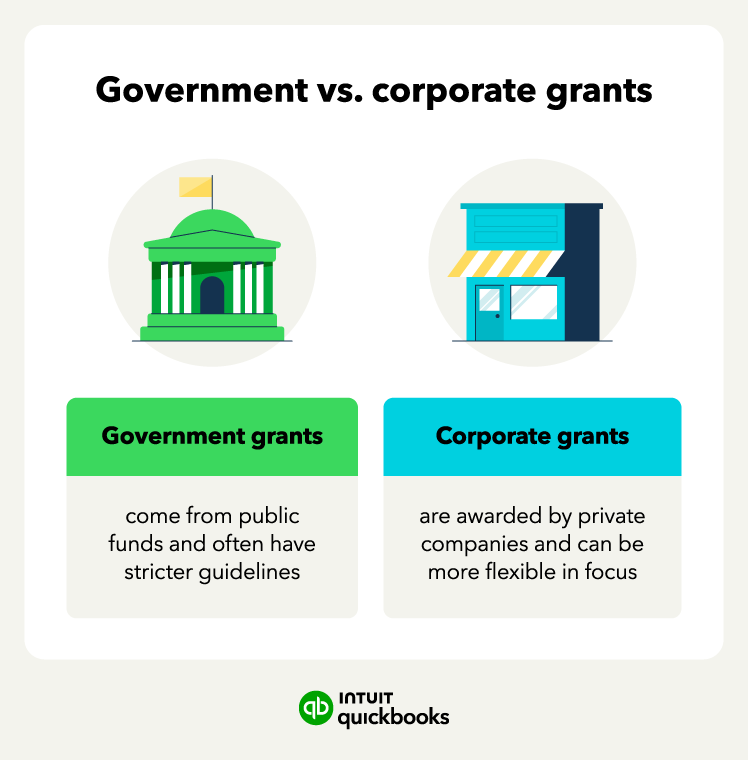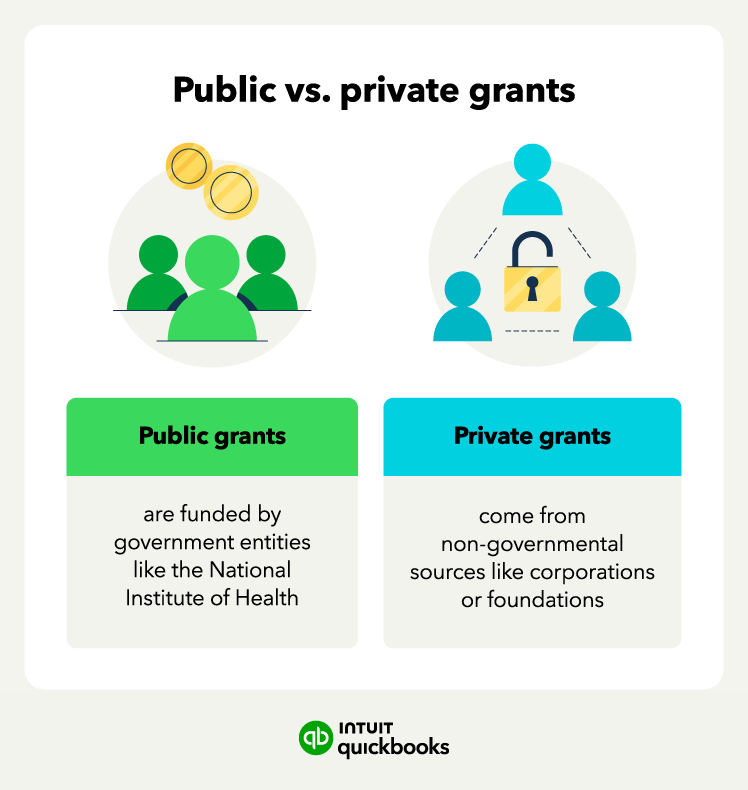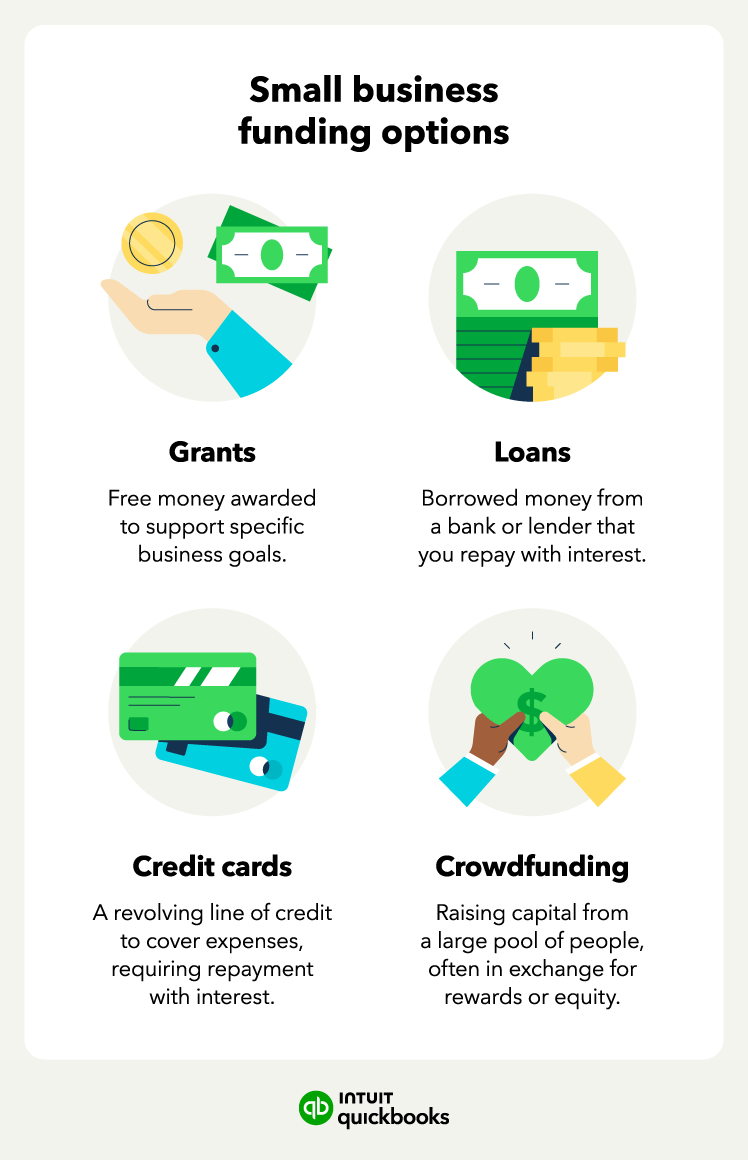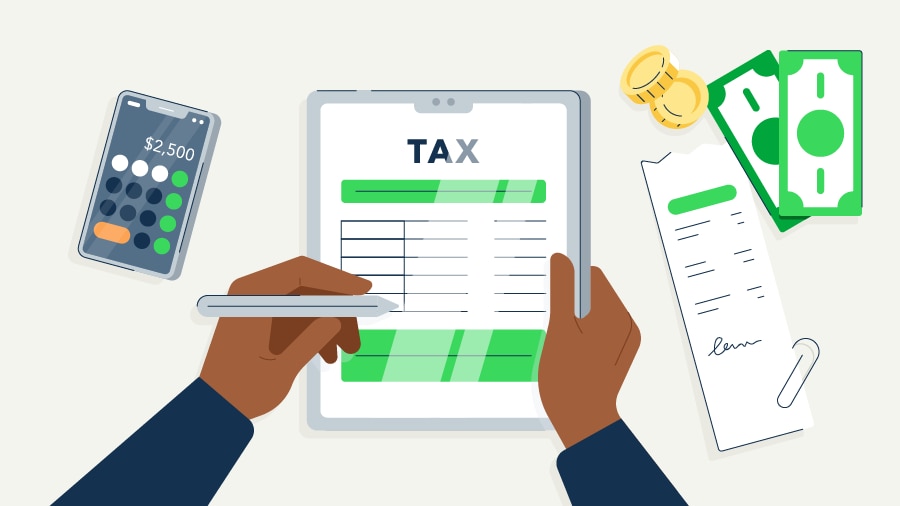State and local government grants
State and local governments across the country issue grants to address needs specific to their geographic area. For example, the city of Los Angeles’ environmental grants focus on water usage and clean air, while the state of Kansas favors soil preservation.
Two common trends show up in state and local government small business grants. First, state and local governments use grant money to attract new businesses and create jobs. Second, they fund projects that meet a specific local need.
Of course, there’s a huge variety of state and local grants—far more than we could possibly list here. But we’ve pulled together some examples so you can get a feel for the different types of grants that are out there.
Since access to grants is still low, we’ve pulled together some examples so you can get a feel for the different types of state grants that are out there.
10. California Employability Business Grant
The EmployABILITY Business Grant offers financial assistance to qualifying small and medium-sized businesses to cover the costs associated with hiring new employees with disabilities. Grant awards range from $20,000 to $200,000.
11. California Restaurants Care Resilience Fund
California's independent restaurants can win $5,000 grants from Restaurants Care. These grants help upgrade kitchens or retain staff. To qualify, your restaurant must be in California, independent, open at least a year, make under $3 million annually, and be a customer of SoCalGas, PG&E, or SDG&E.
12. Colorado Office of Economic Development and International Trade grants
Find grants for tech, cannabis, arts & film, and more. Funding ranges from $10,000 to $350,000. Visit the Colorado Office of Economic Development and International Trade for details.
13. Colorado First Southwest Community Fund education programs
The FSWCF Rural Women-Led Business Fund Education program provides women and non-binary founders with the tools and knowledge they need to thrive. The Fortaleza Fund Education program, on the other hand, is specifically designed to support immigrant entrepreneurs.
14. Florida Prospera Business Grants
Florida's Prospera empowers Hispanic entrepreneurs through bilingual business development services. Free consultations assess legal, accounting, marketing, and branding needs. Qualifying businesses receive grants for professional services, propelling their growth.
15. Florida Enterprise Florida Trade Grants
Enterprise Florida Trade Grants helps exporters boost sales globally with grant funding through the Florida Export Diversification & Expansion Program. Qualifying businesses operating for at least two years with 3-500 employees and exceeding $250,000 in annual sales can apply for grants supporting international market expansion efforts.
16. Go Georgia Global grants
The Go Global Georgia grant program reimburses qualified Georgia businesses for approved export activities like website translation, trade show travel, and export consulting. To qualify, your business must be operational in Georgia for at least a year and meet SBA size standards.
17. Georgia Cobb County Entrepreneurship Grant Program
Cobb County, Georgia, offers grants of up to $10,000 for qualified small businesses. Licensed businesses committed to staying in the county and participating in an entrepreneurial program are encouraged to apply. Grants can fund marketing, equipment, operations, and improvements.
18. New York Wayne County Microburst Grant Program
Wayne County, New York, offers grants between $5,000 and $20,000 to jumpstart microbusiness ventures. Qualifying businesses must be operational for less than a year, create a full-time job for a low-to-moderate income resident, and complete SCORE business classes. Grant recipients also provide a 10% funding match.
19. New York Public Library StartUP! Business Plan Competition
Aspiring entrepreneurs in New York City can launch their businesses with grant funding from borough-specific programs. Manhattan, Bronx, and Staten Island startups can compete for $7,500 to $15,000 through the New York Public Library's StartUP! Competition, which includes workshops and business mentorship.
20. Ohio Montgomery County Economic Development/Government Equity (ED/GE) Grant Program
Montgomery County offers grant opportunities for small businesses to fund permanent improvements. Twice a year, local jurisdictions submit applications on behalf of businesses for projects like renovations, power upgrades, or parking improvements.
21. JobsOhio Inclusion Grant
Ohio's JobsOhio Inclusion Grant provides financial assistance of up to $50,000 to help small and medium-sized businesses grow. This program specifically targets businesses in distressed communities, those owned by minorities, women, veterans, or individuals with disabilities, and those with a business-to-business focus.
22. Texas Workforce Commission Skills for Small Business Program
Texas' Skills for Small Business program offers funding for training new hires up to $1,800 and existing employees of $900 per year. Qualifying businesses with less than 100 employees can leverage these funds to cover costs associated with training programs delivered by public community and technical colleges or the Texas A&M Engineering Extension Service.










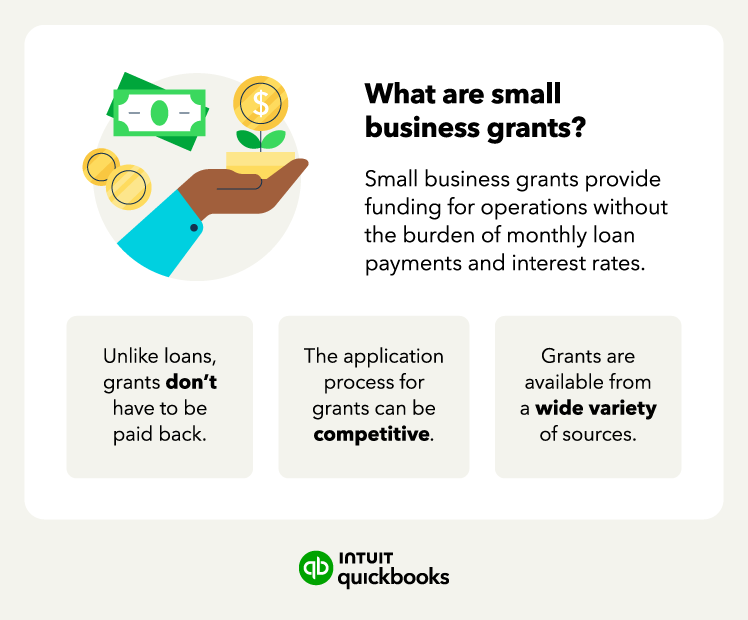
 Don't waste time on programs you don't qualify for. Utilize resources like Grants.gov to filter programs by category and eligibility criteria.
Don't waste time on programs you don't qualify for. Utilize resources like Grants.gov to filter programs by category and eligibility criteria.
